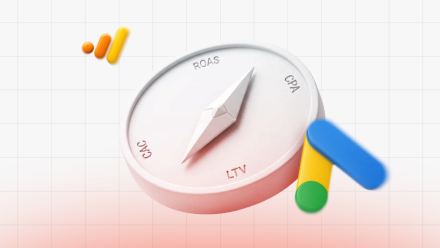
Promodo works with large eCommerce businesses, giving us deep hands-on experience in scaling online stores under complex market conditions.


In our new research on the Ukrainian eCommerce market, we compared performance dynamics across 7 niches using weighted-average metrics for each category.
.avif)
Key trends for eCommerce to focus on in 2026 and beyond.
.png)
We explain how Promodo’s PPC experts adapted ABC and XYZ analysis—traditionally an inventory and warehouse management tool—for paid advertising tasks.

KPIs in Google Ads should follow business goals, not the other way around. In this article, you'll read about the main KPIs for Google Ads in eCommerce.
.png)
Our team has gathered practical AI use cases that help online stores sell more.
.png)
Google is gradually embedding advertisements into its AI-powered search experience and developing new protocols to enable seamless in-interface purchases.


Subscribers
work period
Subscribers





Global



United States


United States


United States



Ukraine


Ukraine


United Kingdom


Global


Baltic countries


Poland


US vs UK
Subscribe to our emails and receive new content and case studies once a week.
%20(1).webp)
%20(1).webp)